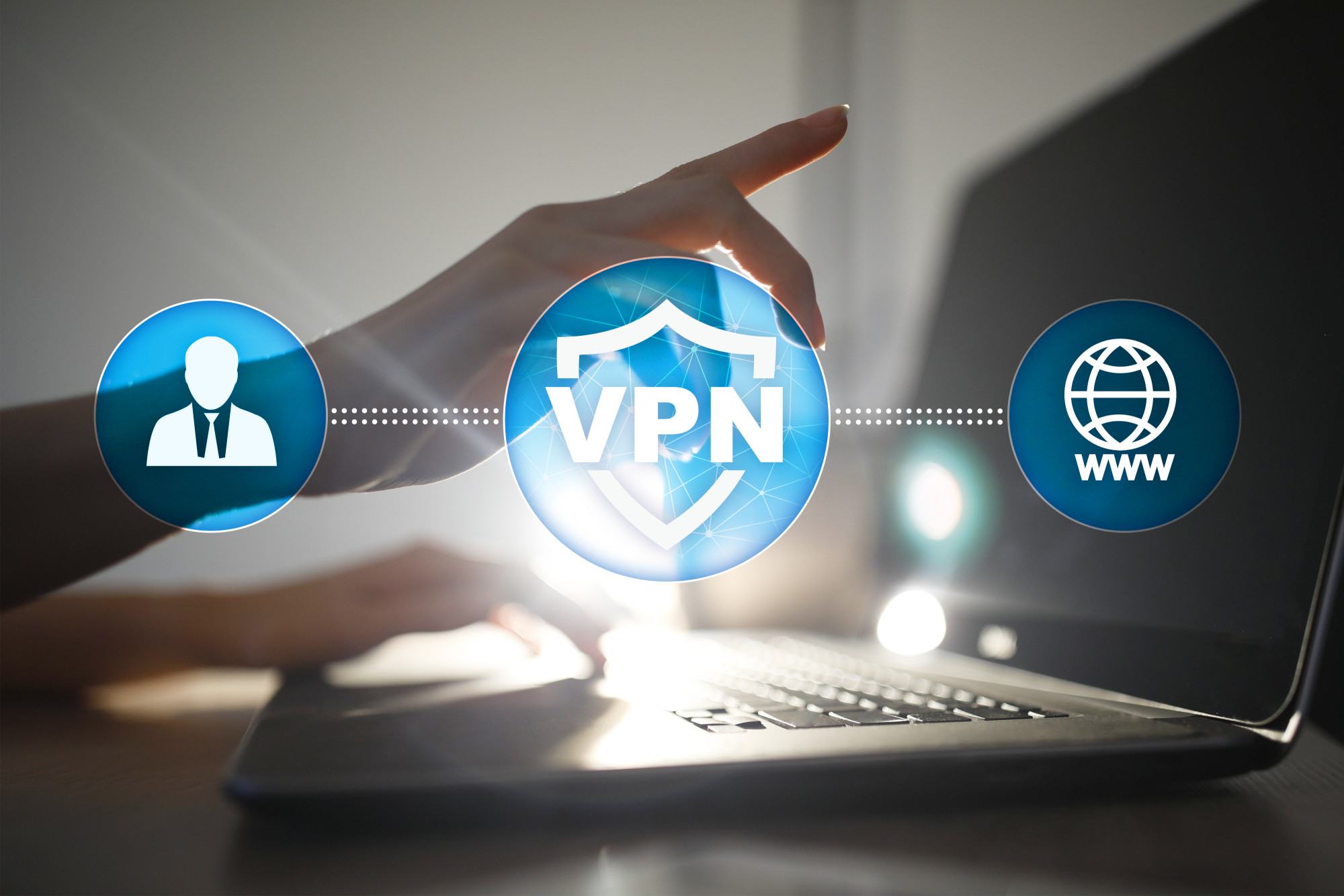
Did you know that there are now over 140 million VPN users?
Cyber attacks are becoming more accessible, which is causing a scare among the general public. Whether you are a small business owner, the need for safe and secure internet connections is vital. You need to ensure that you can enjoy online privacy and freedom, no matter what.
If you want to guard your devices against fraud and intruders, we can help you with that.
Read on to learn more about the difference between VPC vs VPN.
What Is a VPN?
A VPN for Windows, or Virtual Private Network, is a private network that uses public infrastructure like the Internet to provide remote users with secure access to their network. A VPN allows remote users to access a private network or to connect securely to a public network. They use it in a variety of tunneling protocols to encrypt and tunnel data traffic over public networks.
What Is a VPC?
A VPC is a virtual private cloud. It is a cloud computing environment that is private and isolated from other users. It provides users with a high level of control over their computing resources and data.
Also, it’s used to create an isolated network, launch applications, and store data.
Function of VPC
A VPC provides an isolated network environment for your AWS resources. Your AWS resources (instances, subnets, and so on) receive a public IP address from the Amazon EC2 public address space. Resources within your VPC can communicate with each other using private IP addresses, and they can communicate with the Internet using public IP addresses.
Function of VPN
It enables users to send and receive data across shared or public networks as if their computing devices were directly connected to the private network. Applications running on a VPN client on the user’s computer or mobile device connect to VPN servers to access the resources of the private network, such as file servers, printers, databases, or Intranet sites.
Benefits of VPC
VPCs offer the same advantages as traditional private clouds. But, VPCs can be implemented using a variety of cloud architectures. The following are its benefits:
Increased Security
VPCs provide increased security and control over your data and applications by isolating them from the public internet. This isolation enables you to create a secure environment in which to run your applications and store your data.
Create Subnets
You can create subnets in a VPC to segment your network and keep your resources isolated from each other. By creating subnets in a VPC, you can control which resources can communicate with each other and with the Internet.
Improved Performance
Improves performance for applications running inside of them by allowing the use of dedicated resources. This results in superior networking performance and security for your applications.
Increased Control
A VPC allows businesses to have their isolated network within the AWS cloud. This gives them greater control over their data and applications.
Businesses can also choose to connect their VPC to their on-premises network. This allows them to extend their network into the cloud and gives them more control over how their data and applications are accessed.
Benefits of VPN
On choosing the right VPN, you must consider the benefits that you can get. Below are the following examples:
Access Blocked Websites
This allows you to access websites that would otherwise be inaccessible. A proxy server is a computer that acts as an intermediary between your computer and the Internet. It can be used to bypass Internet filters and surf anonymously.
Increased Privacy
VPCs provide increased privacy for data and applications by isolating them from the public cloud. VPCs are also used to create private clouds or multi-cloud environments.
Provides Security
A VPC is a virtual private cloud that provides security for your resources. It is an isolated environment that is not accessible from the public internet.
You can control who has access to your VPC and what resources they can access. This makes it an ideal environment for running sensitive workloads or storing sensitive data.
VPNs also help to provide the security needed to link private network resources with remote employees, telecommuters, and mobile workers.
Disadvantages of VPC
Using a VPC can give convenience to users. But, it also has its disadvantages. Below are the following:
Increased Costs
Businesses will need to carefully consider their needs and budget before deciding if a VPC is a right choice for them. The increased costs associated with a VPC can be a significant barrier to entry for many organizations.
Complex to Set Up
They are complex to set up because they require the use of multiple software components and they must be configured correctly to work properly. However, once they are up and running, they can provide a very versatile and powerful way to manage and deploy cloud-based resources.
Limited Flexibility
A VPC is a private network that offers limited flexibility in terms of design and configuration. It’s typically used by organizations that want to keep their networks separate from the public internet.
Disadvantages of VPN
A VPN, or virtual private network, is a secure tunnel between two or more devices. It’s used to protect your privacy, as well as to bypass geo-restrictions and censorship. However, there are some disadvantages to using a VPN, including the following:
Expensive
A VPC is essential for anyone using AWS, as it provides isolation from other users and prevents unauthorized access to your resources. Setting up a VPC can be costly, as you need to pay for the resources you use and for the bandwidth you consume.
Slower Connection
One downside of using a VPS is that it can be slower than a physical server. This is because the VPS is sharing resources with other VPSs on the same host. If you’re concerned about speed, you may want to consider a dedicated server instead.
Not Secure
VPCs provide isolation from other users of the public cloud, as well as enhanced security features. However, VPCs are not considered to be secure from all threats, and should not be used as a replacement for a traditional private network.
Differentiate VPC vs VPN
VPC vs VPN offers different benefits depending on your needs. If you need more security, a VPC is the better option. If you need more flexibility, a VPN is the better option.
You just need to compare the things you might consider between these two, so you can choose what’s best for you.
Did you find this article informative? If so, check out the rest of our blog for more VPN tips.


